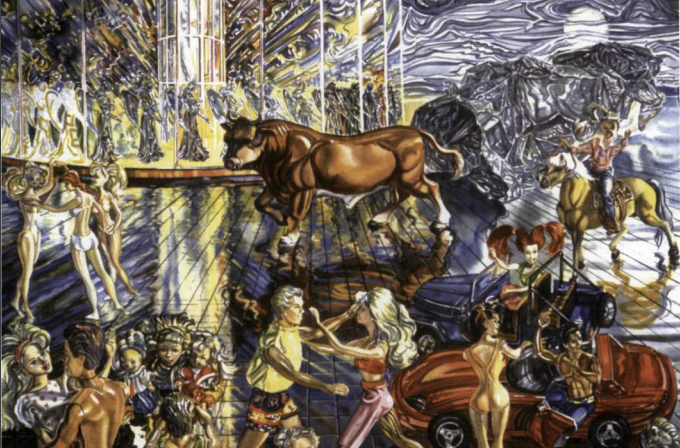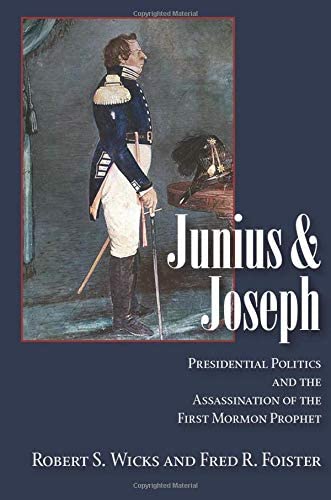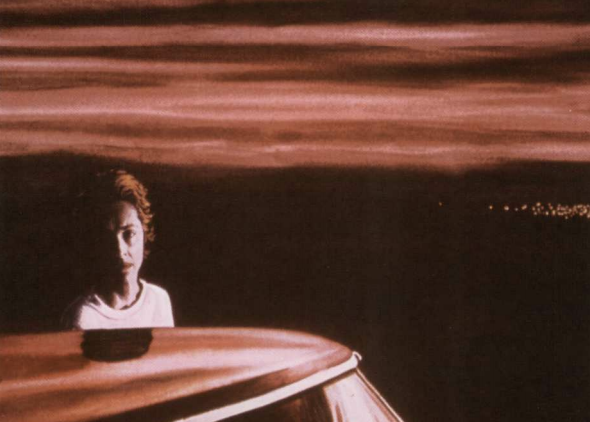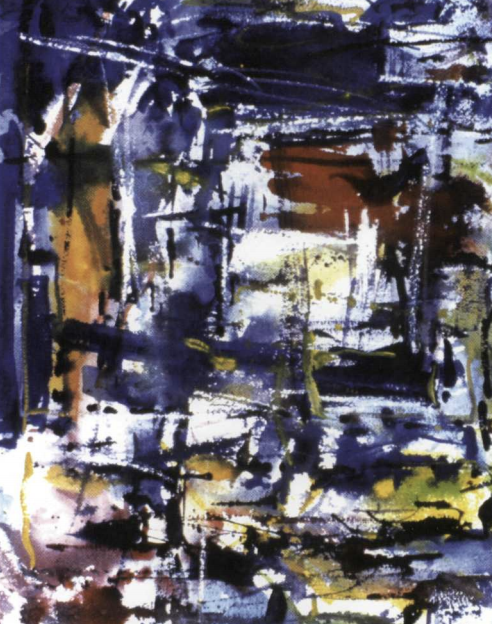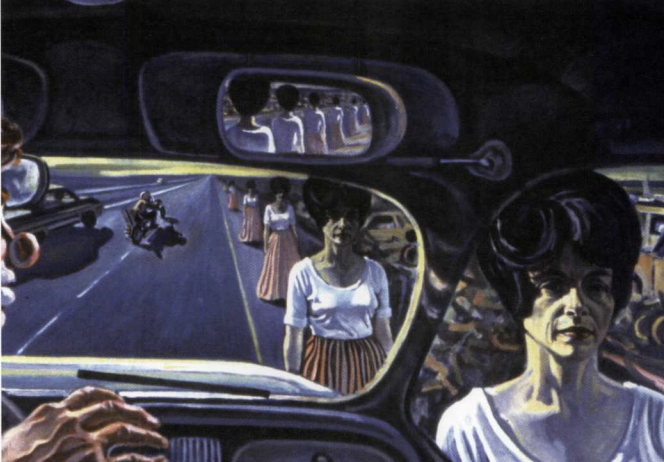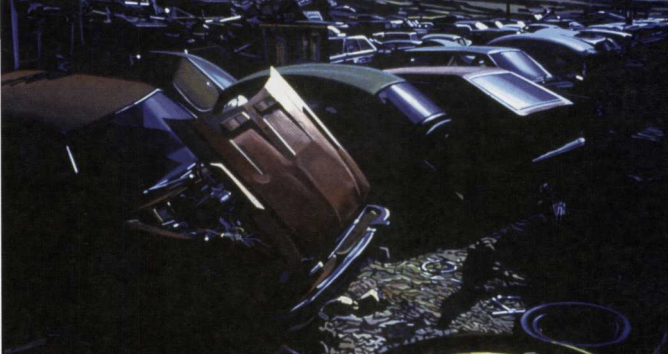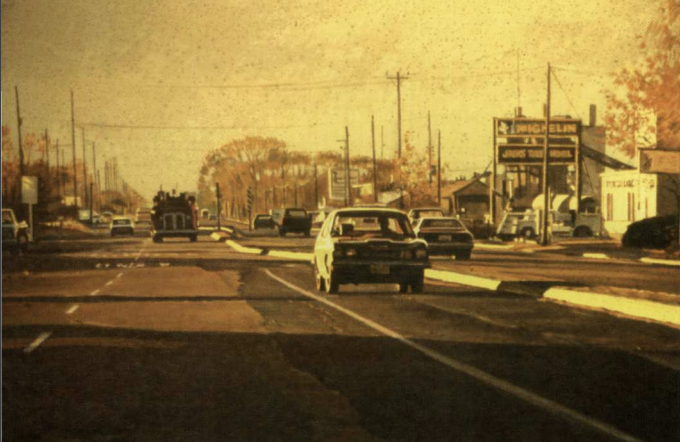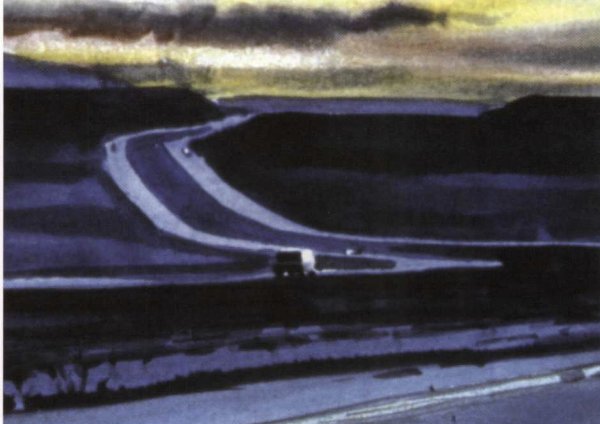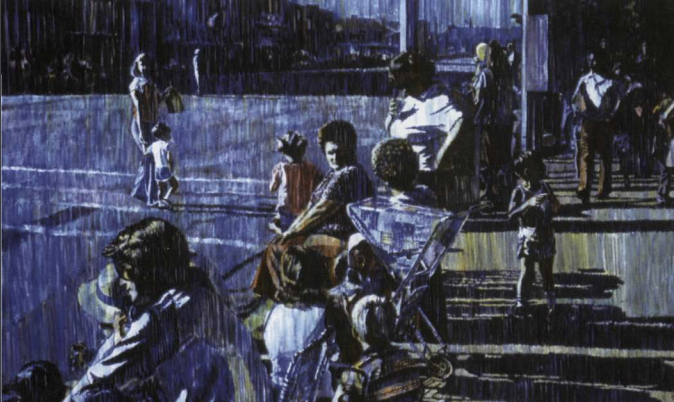An Open Letter to Nathan Oman
March 21, 2018Dear Nathan:
I appreciate your “An Open Letter to the Dialogue Board” (38, no. 4 [Winter 2005]: 227-29). I consider it a sincere and thoughtful expression of an ideal I share: a more balanced, diverse, and inclusive dialogue about Mormon religion and culture. As a former editor of Dialogue (1971-76), I am pleased that, as you say, “you care a great deal about the health and public reputation of Mormon intellectual fora” (227).


